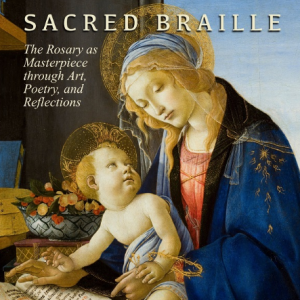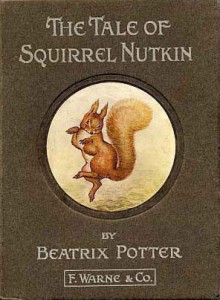On Squirrel Nutkin, German Opera…and Geese
In yesterday’s post I referenced CS Lewis’s obsession with what he called “Northernness,” German mythology, the Norse gods, the works of Wagner. He also felt Sehnsucht, or deep longing for “the idea of autumn” he referenced as having shaped in his mind from the works of Beatrix Potter, especially Squirrel Nutkin.
If you look at the whimsical yet earnest illustrations of Nutkin for more than a minute or two, they can start to seep into your being, until you too might feel wistful for “the idea of autumn” that Nutkin represents. Contrast that light, watercolored impression with the heaviness of the music of Wagner, another Sehnsucht-inspiring favorite of Lewis. This illustrates what a wide spectrum of interests can capture our imagination.
For today’s poem I am featuring what I have long considered an autumnal, Sehsucht-inducing poem — Mary Oliver’s “Wild Geese.” Autumn is a season that inherently makes us yearn. Wagner’s “Tristan and Isolde” could easily be the sound of leaves coloring and falling.
Suddenly, Beatrix Potter, German opera and Mary Oliver seem birds of a feather. Or in this case, geese of longing.

